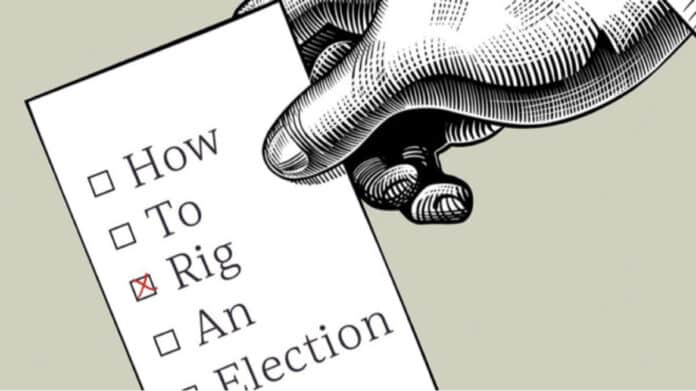Modern day electioneering…
The dark arts of modern campaigning
When I ran for London mayor in 2021, says Rory Stewart on The Rest is Politics, two political consultancy firms from overseas came to my house. Each claimed it could win the election for me by “manipulating social media”. Both said they’d worked all over the world, one boasting it had just won a race in a former Soviet republic. I was “horrified”, and turned them down. But this sort of thing is now increasingly common – it apparently played a part in the campaign against Ulez, which helped sway the Uxbridge by-election in the Tories’ favour last month. Only around 10% of the Twitter users pushing anti-Ulez messages were real, new research has shown. The other 90% were fake.
Here’s how it works. First, the consultancy sets up tens of thousands of fake accounts on the likes of Twitter, Facebook and TikTok. This part is cheap – a thousand accounts can be created for as little as £31 – and easy to do. The operators get the accounts to follow each other, so that the users look like real people, then amplify whatever message the campaign wants. The full service doesn’t come cheap: the guys who approached me wanted hundreds of thousands a month. But if you’re set on winning an election, and prepared to risk the reputational damage of exposure, it’s probably money well spent. And what we’ve seen so far is only the start. With improvements in artificial intelligence, social media manipulation will become “much, much easier”. It could even “define the next US election”.
Join us in helping to bring reality and decency back by SUBSCRIBING to our Youtube channel: https://www.youtube.com/channel/UCQ1Ll1ylCg8U19AhNl-NoTg and SUPPORTING US where you can: Award Winning Independent Citizen Media Needs Your Help. PLEASE SUPPORT US FOR JUST £2 A MONTH https://dorseteye.com/donate/







